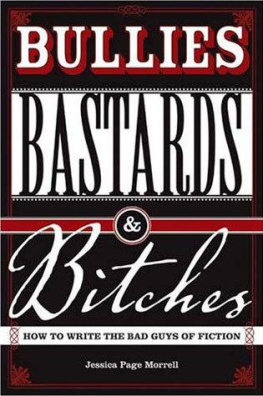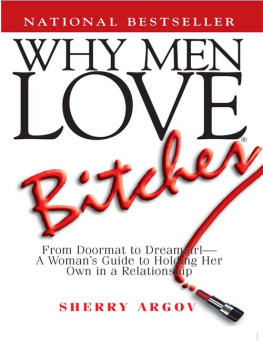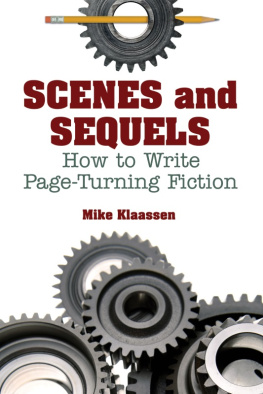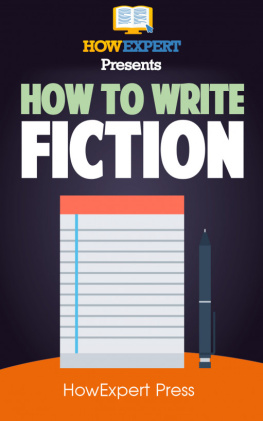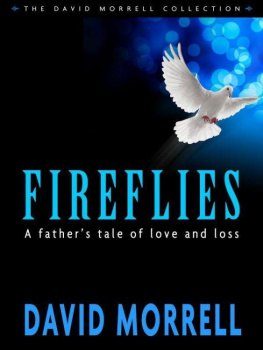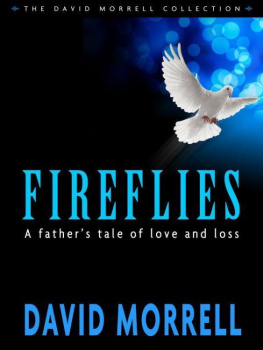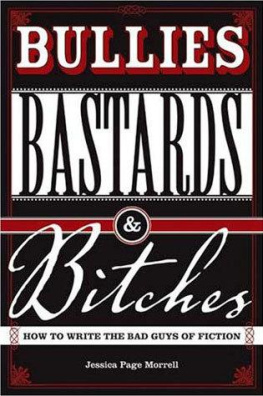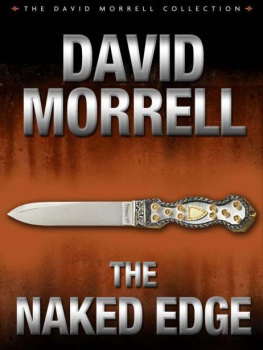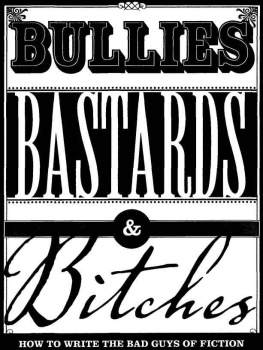Jessica Page Morrell - Bullies, Bastards And Bitches: How to Write the Bad Guys of Fiction
Here you can read online Jessica Page Morrell - Bullies, Bastards And Bitches: How to Write the Bad Guys of Fiction full text of the book (entire story) in english for free. Download pdf and epub, get meaning, cover and reviews about this ebook. year: 2011, genre: Art. Description of the work, (preface) as well as reviews are available. Best literature library LitArk.com created for fans of good reading and offers a wide selection of genres:
Romance novel
Science fiction
Adventure
Detective
Science
History
Home and family
Prose
Art
Politics
Computer
Non-fiction
Religion
Business
Children
Humor
Choose a favorite category and find really read worthwhile books. Enjoy immersion in the world of imagination, feel the emotions of the characters or learn something new for yourself, make an fascinating discovery.
- Book:Bullies, Bastards And Bitches: How to Write the Bad Guys of Fiction
- Author:
- Genre:
- Year:2011
- Rating:5 / 5
- Favourites:Add to favourites
- Your mark:
- 100
- 1
- 2
- 3
- 4
- 5
Bullies, Bastards And Bitches: How to Write the Bad Guys of Fiction: summary, description and annotation
We offer to read an annotation, description, summary or preface (depends on what the author of the book "Bullies, Bastards And Bitches: How to Write the Bad Guys of Fiction" wrote himself). If you haven't found the necessary information about the book — write in the comments, we will try to find it.
Bullies, Bastards And Bitches: How to Write the Bad Guys of Fiction — read online for free the complete book (whole text) full work
Below is the text of the book, divided by pages. System saving the place of the last page read, allows you to conveniently read the book "Bullies, Bastards And Bitches: How to Write the Bad Guys of Fiction" online for free, without having to search again every time where you left off. Put a bookmark, and you can go to the page where you finished reading at any time.
Font size:
Interval:
Bookmark:


Preface
Introduction: Primal Fears
Chapter 1: Unforgettable
Chapter 2: The Case of the Unlikeable Protagonist
Chapter 3: Bastards: Anti-Heroes
Chapter 4: Dark Heroes and Bad Boys
Chapter 5: Antagonists: Bullies and Mischief Makers
Chapter 6: Bad to the Bone: Villains
Chapter 7: Sociopaths: Ice in Their Veins
Chapter 8: Matching Wits: Heroes vs. Villains
Chapter 9: Sympathy for the Devil
Chapter 10: Bitches: Dangerous Women
Chapter 11: Monsters, Creatures, and Lost Souls
Chapter 12: Bad Guys for Younger Readers
Appendix: Questions for Bad Guys
Index


Between October 2004 and mid-March 2006, I wrote about 350,000 words to complete three nonfiction books. By the time I was finished, I felt anemic and wrung dry, so I began reading to replenish the words, concepts, and images I needed to write this book. Besides Timothy Egan's amazing account of the Dust Bowl days, The Worst-Hard Times, and Erik Larson's The De vil in the White City, I read mostly fiction as a steady diet. I read like I was a lonely recluse while Oregon's spring rains wept down my windows and my flower beds began blooming. I read in the middle of the night, while I should have been editing or writing, in trains and planes and waiting rooms, and most often sprawled on my comfortable, overstuffed sofa.
I traveled far in my literary wanderings, and somewhere in the midst of this reading, a sort of triage for the writer's soul, my weariness subsided. The ragged edges of my brain started mending and were replaced by a galaxy of characters, plots, scenes, and bits that all added up to the particular alchemy that is fiction. And I fell back in love with this part of my life. And then in June 2006, I started writing this book; the ideas I wanted to bring forth, along with the characters who had been occupying my imagination, became my companions during these months of writing.
While I indulged in my reading spree, an important realization was taking shape. I realized that I was going to center this book on the fact that fictional characters are vulnerable.
While musing about this, I went walking in the gala that is Portland's springtime. We're a city of gardeners; everywhere, flowers,
ferns, trees, and bushes were awash with color and new life. The air was perfumed and made sweet by blossoms. As sunsets took on a rosy afterglow, I kept walking and teasing at this idea of vulnerability and thinking about how it applied to my life, my relationships, and my sorrows. I cannot speak for your vulnerabilities, but I've been ripped off, lied to, slandered, gossiped about, slapped, falsely accused, and had my truths not believed. I've had my heart broken, had my pride stomped on, witnessed unforgivable acts, and heard words that hurt so much I wished that they would not replay in my head, but they did. In all these momentssome tear-soaked, some life-defining, but all character-building momentsI have felt vulnerable.
And I believe these feelings of vulnerabilitywhen a person feels scared and alone and overwhelmed and pissed off, when the sting of unfairness bites deepwhile miserable to live through, are the basis for writing compelling fiction. You see, we don't read fiction to follow the lives of perfect people who float through blissful days. We don't read fiction to applaud from the sidelines as a superhero who never missteps sails to victory. Nor do we read fiction to follow people in the midst of goodness, luck, success, and joy. Instead, we read to wallow in a character's misery and struggles, to plunge into his or her emotional depths, to experience the doubts, worries, and pains.
We worry when characters are vulnerable. And when we worry, we keep reading.
The most vulnerable and interesting characters make the outcome more delicious. The wellspring for these vulnerabilities can often be traced to our memories.
During my walks, memories of my childhood vulnerabilities would strike. When I was in first grade, I visited a friend after school. It was October, and before I left for her house, my mother warned me that daylight saving time was over, and that it would grow dark early. Being six years old, this didn't register. But when I left my classmate's cozy attic bedroom to walk home, the world had turned as black as the inside of a coffin. I didn't know it then, but I have lousy night vision. I could barely grope my way the seven or so blocks home.
The worst of it was walking past the witch's house. Back then, every neighborhood had a witch's housea place with a sagging porch and
peeling paint, where older people with age- and pain-etched faces lived and would yell at kids who trespassed on their property. I stumbled past my neighborhood's witch house as fast as I could, sure that someone or some thing would emerge shrieking to snatch me from the sidewalk. With my heart galloping, I felt like I was drowning in the nightmare darkness.
A few months earlier, my parents' friends who lived in the city had made their annual visit. Their two sons were two and three years older than me and, along with my older brother, we were allowed to attend an evening movie. It was a double billing, The H-Man and The Woman Eater. I remember so clearly the new dress I wore that night: it was blue plaid with a sailor collar, and I loved it.
But I wasn't ready for the movies. The H-Man was a kind of yellow-green slime that crept and oozed over a city, destroying everything in its wake. The Woman Eater was a phallic monster comprised of dozens of writhing snakes, and when a woman was tossed into its embrace, she would die, struggling and screaming in terror. We emerged blinking from this frightfest into the dark for the walk home, which was about two miles. Back then, kids walked the streets of our small northern town without worry. But the boys decided to tease me that night. As a joke, they ditched me to walk alone and would periodically spring from behind trees, screeching and imitating The Woman Eater. Weeping and terrified, I ran home to tattle on the boys, and then was admonished by the adults that I was a crybaby.
Meanwhile, back in my grown-up life, as spring tilted into summer I remembered a summer class that I used to teach for kids in the mid-1990s. It was called Myths, Monsters, Heroes, and Ghost Stories. Ten children, ages eight to ten, and I would gather in a classroom at Portland State University and I'd teach techniques for writing fiction. Sometimes they'd read their new stories aloud to the class, and sometimes I'd turn out the lights to read them ghost stories.
With the lights dimmed, we'd talk about nightmares. I told them that I could still remember nightmares from my own childhood, and I recounted a few. I revealed how the flying monkeys in the movie The Wizard of Oz terrified me as a girl, and soon after I first watched it, the Wicked Witch arrived in one of my nightmares to bargain with my father for my life. With her bony claw, she clung onto my arm while my
father grasped the other, offering her a purple tin box that he stored his mementos in.
Then my students chimed in, describing the usual night horrors, such as being chased by a monster yet being too frozen with terror to scream or run. But there was one girl's nightmare I've never forgotten. She was on a camping trip, and as she looks around the campfire's gleam, she discovers that each of her family members has disappeared to be replaced by a pile of silvery bones, and she's sitting alone within that ghostly circle.
Font size:
Interval:
Bookmark:
Similar books «Bullies, Bastards And Bitches: How to Write the Bad Guys of Fiction»
Look at similar books to Bullies, Bastards And Bitches: How to Write the Bad Guys of Fiction. We have selected literature similar in name and meaning in the hope of providing readers with more options to find new, interesting, not yet read works.
Discussion, reviews of the book Bullies, Bastards And Bitches: How to Write the Bad Guys of Fiction and just readers' own opinions. Leave your comments, write what you think about the work, its meaning or the main characters. Specify what exactly you liked and what you didn't like, and why you think so.

